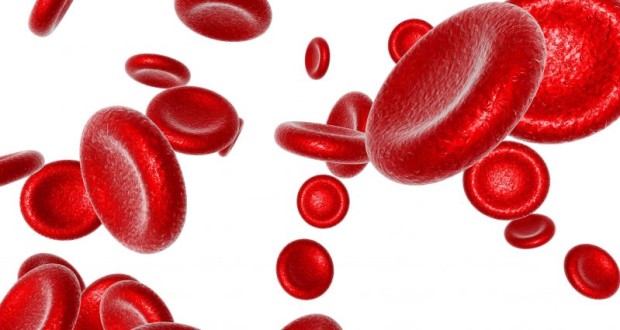Probably the worst part of getting older is the impact of age on the body’s health. Seniors face a number of health-related problems, ranging from declining vision to arthritis to cardiovascular disease. Two issues that millions of senior citizens must contend with on a daily basis are dementia and anemia. While these two conditions have very different effects on the body, they may have a closer relationship than you might expect.
Comparing Symptoms
Anemia occurs when the body has insufficient numbers of either healthy red blood cells or hemoglobin (hemoglobin are proteins used to transfer oxygen through the bloodstream). This condition can also develop due to the presence abnormal red blood cells or hemoglobin proteins. Regardless of the cause, the result is that the bloodstream is unable to deliver enough oxygen to the body’s cells. The patient is usually stricken with such symptoms as fatigue, pale skin, dizziness, headache and cold hands and feet. Additional signs of anemia include shortness of breath, irregular heartbeat, cognitive difficulties and chest pain.
In contrast to anemia, many people are well aware of the problems caused by dementia. In short, a person with dementia typically experiences a steady erosion of their cognitive capabilities, including their ability to reason, recall information and navigate through certain environments. Likewise, dementia patients also tend to struggle with coordination, managing activities and completing complex tasks, and may also fall victim to paranoia and hallucinations. This condition can also cause noticeable changes in personality, leading to unusual and inappropriate behavior by the patient. An estimated 60 to 80 percent of dementia cases can be attributed to Alzheimer’s disease, making it the most common form of dementia in the United States.
Dementia Risk and Anemia
Unfortunately, dementia is not a rare occurrence; more than five million Americans have been diagnosed with Alzheimer’s disease alone. While much has been written about the possible warning signs and causes of dementia, a 2013 study unearthed a possible link to anemia.
Published in the August 6th, 2013 issue of the journal Neurology, this report monitored more than 2,500 seniors over an eleven year period. At the onset of the study, about 15% of the participants had been previously diagnosed with anemia; during the proceeding eleven years, an additional 455 seniors (representing 17.8% of the entire subject pool) were diagnosed with this condition.
The results of the study indicated that anemia may affect the risk of dementia among seniors. Specifically, seniors who were anemic at the start of the study were 41% more likely to develop dementia than subjects without anemia. In order to determine the accuracy of this finding, other factors that could theoretically influence dementia risk were taken into consideration. After examining the ages, race, education levels and the genders of the subjects, the researchers found that the anemia/dementia correlation remained intact.
Possible Explanations
The study stopped short of definitively concluding that anemia triggers dementia in older adults. However, the authors did stress that the possible link between the two conditions deserves further study. In addition, the researchers provided four possible explanations as to how anemia might be connected to declining cognitive health.
The first theory suggests that anemia could lead to chronic brain hypoxia, which occurs when the brain does not receive a sufficient amount of oxygen via the bloodstream. In turn, this may increase the patient’s chances of eventually developing dementia. Another theory argues that the answer may involve the appearance of chronic kidney disease (CKD). Kidneys stricken with CKD are often unable to produce enough erythropoietin, a hormone that prompts the bone marrow to produce red blood cells. Consequentially, people with CKD also frequently suffer from anemia. This CKD-induced anemia, the thinking goes, could wind up diminishing the brain’s cognitive abilities.
A third explanation centers on micronutrient deficiencies. Some research has found an association between dementia and a lack of iron and vitamin B12 in the body. Furthermore, many people develop anemia due to insufficient levels of these nutrients (these conditions are known as “iron deficiency anemia” and “vitamin deficiency anemia”). It may be that iron and/or vitamin B12 deficiencies could increase the risk of both conditions.
Finally, the presence of anemia might signify that the body is in poor overall health. Previous research has found dementia may pose a bigger threat to adults who fail to take care of themselves; a team of French doctors reported in 2011 that people in self-described “poor” health had a 70 percent greater risk of developing dementia than those who described their health as “good.”
Anemia and dementia afflict numerous seniors in the United States, and will very likely continue to do so in the foreseeable future. Given their impact on public health, it will certainly be interesting to see if further research solidifies the link between these two illnesses.
 Natural Knowledge 24/7 Educate yourself with nutrition, health and fitness knowledge.
Natural Knowledge 24/7 Educate yourself with nutrition, health and fitness knowledge.






